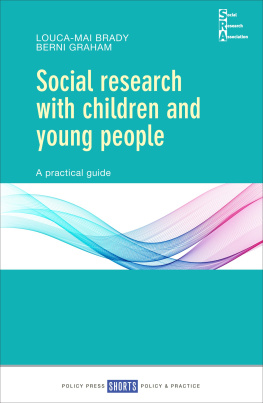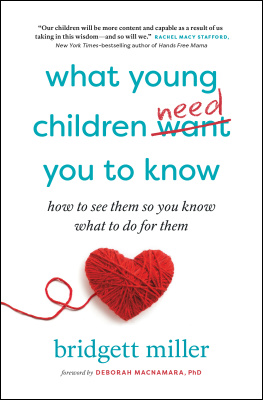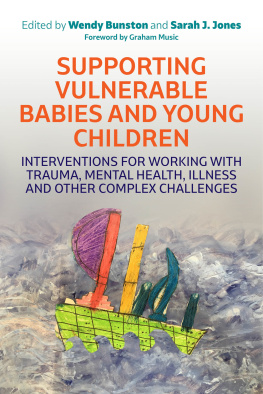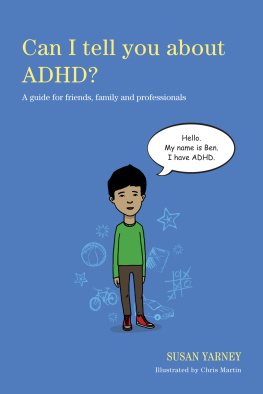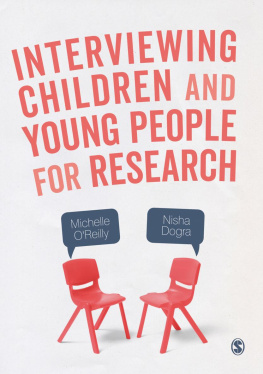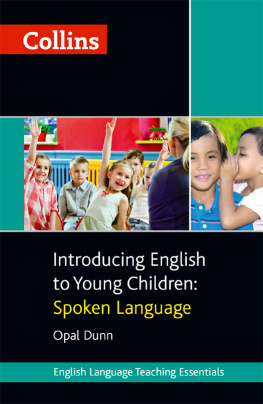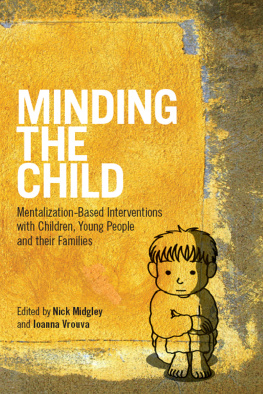The short guide to working with children and young people
Liesl Conradie and Tyrrell Golding
First published in Great Britain in 2013 by
The Policy Press
University of Bristol
Fourth Floor
Beacon House
Queens Road
Bristol BS8 1QU
UK
t: +44 (0)117 331 4054
f: +44 (0)117 331 4093
www.policypress.co.uk
North American office:
The Policy Press
c/o The University of Chicago Press
1427 East 60th Street
Chicago, IL 60637, USA
t: +1 773 702 7700
f: +1 773-702-9756
www.press.uchicago.edu
The Policy Press 2013
British Library Cataloguing in Publication Data
A catalogue record for this book is available from the British Library.
Library of Congress Cataloging-in-Publication Data
A catalog record for this book has been requested.
E-ISBN: 978-1-4473-0959-8
The right of Liesl Conradie and Tyrrell Golding to be identified as authors of this work has been asserted by them in accordance with the Copyright, Designs and Patents Act 1988.
Every reasonable effort has been made to obtain permission to reproduce copyrighted material. If, however, anyone knows of an oversight, please contact the publisher.
All rights reserved: no part of this publication may be reproduced, stored in a retrieval system, or transmitted in any form or by any means, electronic, mechanical, photocopying, recording, or otherwise without the prior permission of The Policy Press.
The statements and opinions contained within this publication are solely those of the authors and not of the University of Bristol or The Policy Press. The University of Bristol and The Policy Press disclaim responsibility for any injury to persons or property resulting from any material published in this publication.
The Policy Press works to counter discrimination on grounds of gender, race, disability, age and sexuality.
Cover design by The Policy Press.
Front cover image kindly supplied by www.alamy.com
Printed and bound in Great Britain by Hobbs, Southampton
The Policy Press uses environmentally responsible print partners.
To Gustav and Alyssa (Liesl)
To Olivia (Tyrrell)
Contents
Acknowledgements for the poem A poem about why children ask why? and the pen pictures:
Leonie Campbell
Dawn Dixon
Emma Farmer
Lisa Fuller
Alison Gray
Tracey Hennighan
Sarah Horn
Lysette Shaw
Tamara Smith
Nicola Southgate
Reece Wells
Sasha Wells
We would like to thank all the young people, colleagues and students, past, present and future, who have supported, engaged in and informed our work and this book. Last but not least, we would like to thank our friends and families for their unending encouragement, support and patience.
BASW | British Association of Social Workers |
CACHE | Council for Awards in Care, Health and Education |
CRB | Criminal Records Bureau |
CV | curriculum vitae |
ECHR | European Court of Human Rights |
EPPE | Effective Provision of Pre-school Education |
EU | European Union |
EWO | education welfare officer |
EYFS | Early Years Foundation Stage |
GCSE | General Certificate of Secondary Education |
GSCC | General Social Care Council |
ITT | initial teacher training |
LGBT | lesbian, gay, bisexual and transgender |
NEET | not in education, employment or training |
NSPCC | National Society for the Prevention of Cruelty to Children |
NVQ | National Vocational Qualification |
PGCE | Post Graduate Certificate in Education |
PSHE | personal, social and health education |
QTS | qualified teacher status |
SCITT | school-centred initial teacher training |
UK | United Kingdom |
UN | United Nations |
UNCRC | United Nations Convention on the Rights of the Child |
US | United States |
YMCA | Young Mens Christian Association |
YOT | Youth Offending Team |
Ableism is the act of discriminating or being prejudiced against people with physical impairments or learning disabilities.
Accommodation is part of Piagets work on cognitive development. In order for a child to understand new information they have to alter their current ideas in order to accommodate the new information.
Accountability is a very important notion and means that organisations and individuals must explain and take responsibility for their actions and the subsequent results.
Adolescence is the stage in a persons life when they are developing from being a child into being an adult. It is a process that is characterised by change and can be a very challenging time for young people (and those around them).
Ageism is the unfair treatment of someone based on their age. Young people are often treated in a way that would be unacceptable for other groups, for example you often see signs on shop doors saying only two school children at one time. You would not expect to see a sign saying only two disabled people at one time.
Agent refers to someone who can make things happen.
Aims are broad or general statements of what you would like to achieve.
Animism is the tendency to give life-like qualities to non-living things.
Anonymity means not sharing someones name. If you keep a reflective diary or write documents at work, you may be expected to anonymise your papers by using fake names, for example.
Anti-discriminatory practice is a way of working that aims to challenge and diminish the causes and impact of discrimination.
Anti-oppressive practice is a way of working that aims to reduce the structural, personal and cultural systems that create oppression.
Assimilation is part of Piagets theory of cognitive development and refers to the adaptation process that takes place when we are introduced to new ideas or experiences: instead of changing completely to accommodate the information into our ideas and schemas, we subjectively modify the information in order to fit in with our already existing ideas and schemas.
Association is a term used most often by youth workers. It aims to highlight the importance of young people having a space to go to hang out with their peers and some key professionals as well as to learn and engage with activities.


